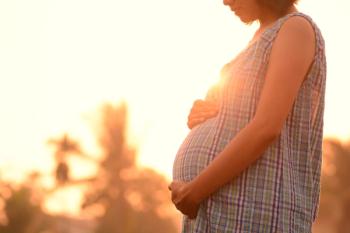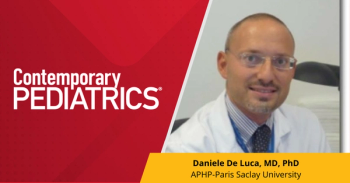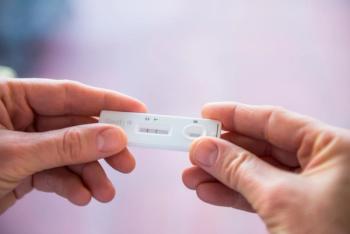
Examining factors in teen pregnancies that lead to poorer infant outcomes
Pregnancy in adolescence can lead to poorer outcomes in both mother and child. An investigation presented at the virtual 2021 Pediatric Academic Societies meeting looks at how educational attainment could impact the outcomes.
Adolescent pregnancy often leads to poorer outcomes for both the mother and child, in part due to the disruption in the mother’s education, which may lead to a lifetime of decreased earning ability. With infant outcomes, teenaged pregnancies are associated with increased risk of infant mortality, preterm birth, and low birthweight. Fortunately, the number has drastically decreased from its height decades ago. Catherine G. Coughlin, MD, a resident at Boston Children’s Hospital in Massachusetts, presented the results of a study that she along with a team of researchers had performed on the role of a teenaged mother’s attainment on infant outcomes at the virtual 2021 Pediatric Academic Societies meeting.
The team did a retrospective, cross-sectional analysis of live birth and infant deaths of teenagers aged 14 to 19 years and compared them to a cohort of women aged 20 to 24 years. They used data from the Centers for Disease Control and Prevention’s Wide-ranging Online Data for Epidemiologic Research database. Age-appropriate education was defined as higher than 8th grade for girls aged 15 to 18 years and higher than 9th to 12 grade or a high school graduate for women aged 19 to 24 years. The examined outcomes were infant mortality rate in infants delivered at more than 37 weeks and death within the year after birth; an extremely preterm birth that occurs at less than 28 weeks’ gestation; and low birth weight in full-term infants.
In the cohort of 1,976,334 births, 11.1% of the mothers were adolescents. Two-thirds of the mothers were using public health insurance. Thirty percent were Hispanic and 43.3% were non-Hispanic White. Many of the mothers had at least 9th to 12 grade or high school graduate educational attainment. Some of the key findings that the team found was that non-Hispanic teenaged mothers had overall worse infant outcomes in extremely preterm birth, low birth weight in full term infants, and infant mortality rates. They also found worse outcomes in infant mortality and low birth weight in adolescent mothers who did not have age-appropriate educational attainment. No link was found between extremely preterm birth and age-appropriate educational attainment.
The team noted that social policies that target adolescent mothers’ education could lead to better outcomes in their infants. Those policies would also positively affect the mothers’ financial prospects.
Reference
1. Coughlin C. Infant outcomes among teenage mothers: racial inequities and the role of educational attainment. Pediatric Academic Societies Meeting 2021; May 4, 2021; virtual. Accessed May 4, 2021.
Newsletter
Access practical, evidence-based guidance to support better care for our youngest patients. Join our email list for the latest clinical updates.








